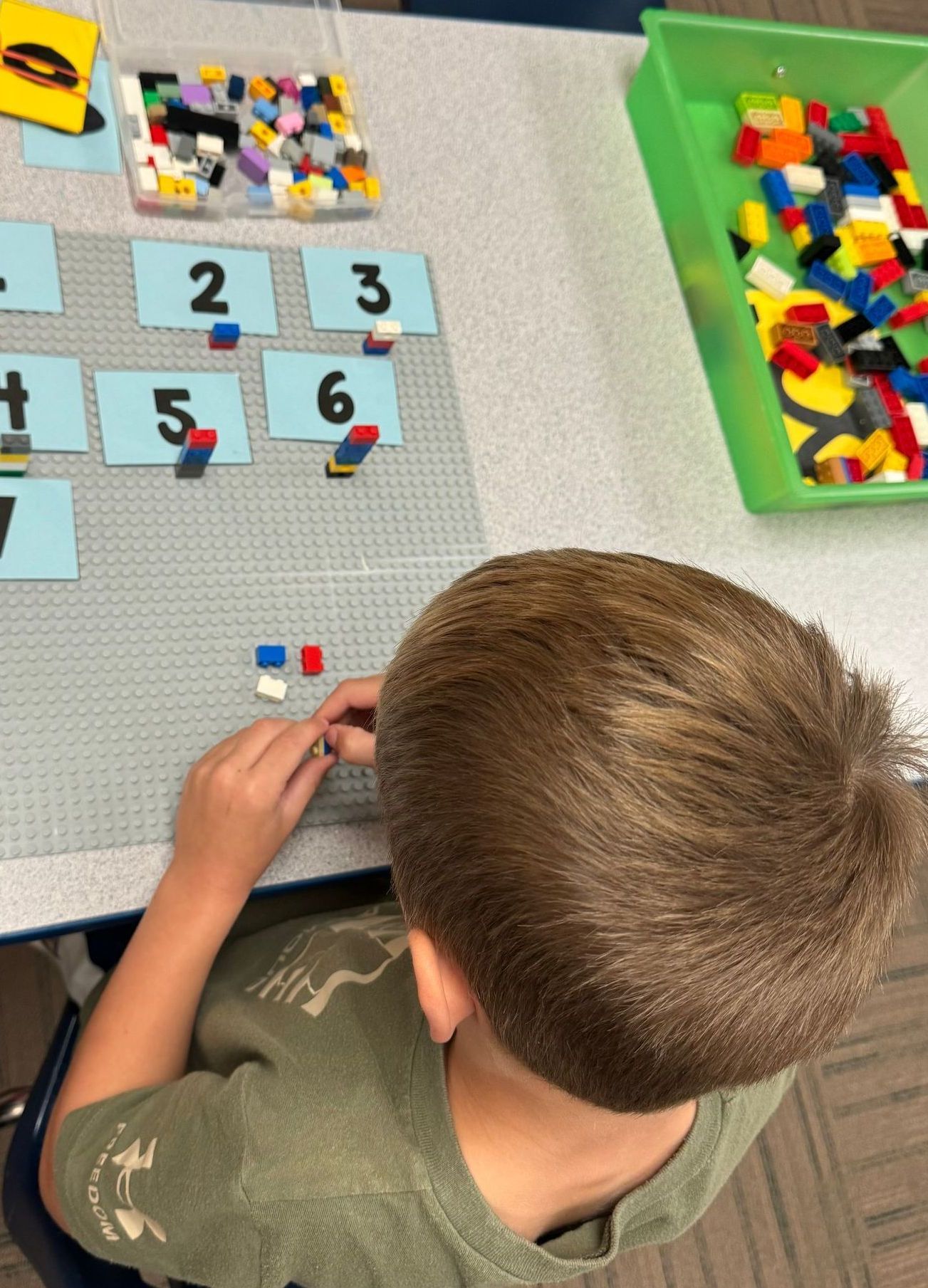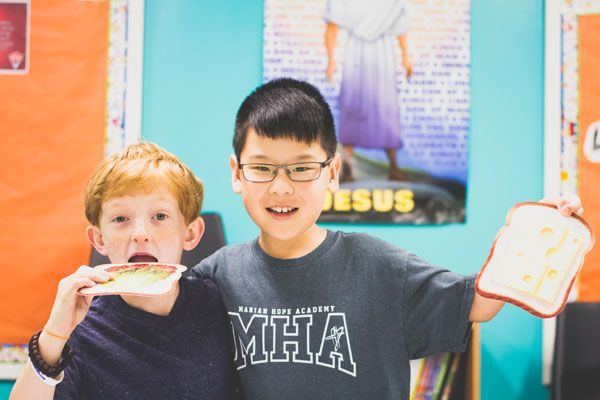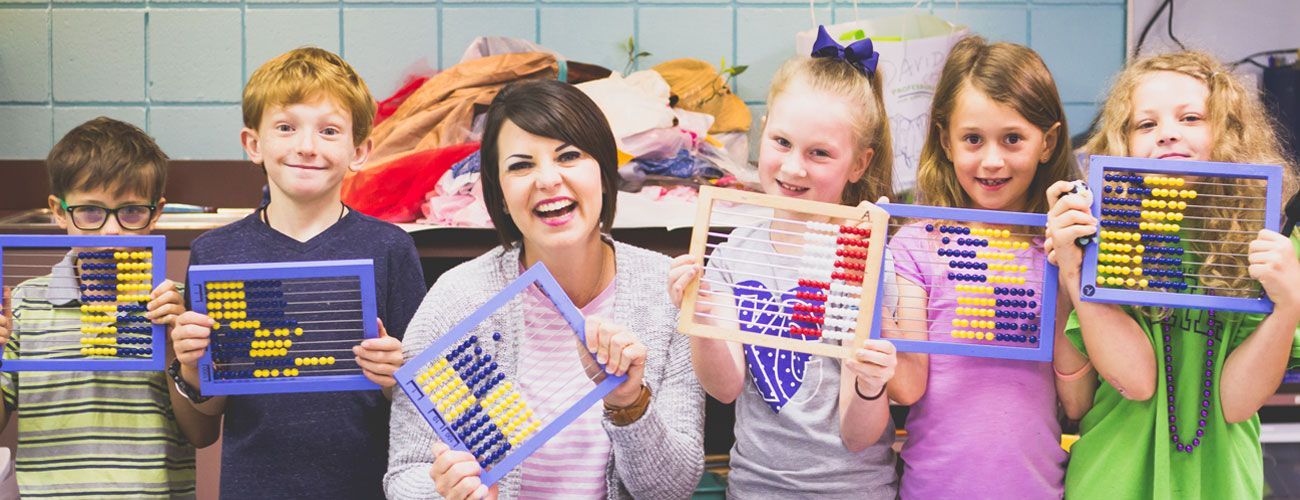Kindergarten
Marian Hope Academy
The Kindergarten Experience
The kindergarten experience at Marian Hope Academy is intended to nurture children's natural love of learning. At this stage of development, children are driven by intrinsic curiosity and a desire to engage with their environment, use their five senses, ask questions, play, sing, dance, marvel, explore nature, and have exceptional literature read to them. As educators, it is our responsibility to give them experiences that will both please them and spark their curiosity, since these formative years lay the groundwork for your child's future success. Our kindergarten program is developmentally appropriate and aims to instill a lifelong love of learning.
We follow the science of reading and recognize that all children read at different paces. We also implement a strong number sense math foundation that allows children to conceptualize numbers and not merely memorize processes. We DO NOT rush the beginning reading and math foundation as these are the building blocks critical to future success.
Nurturing the complete child is very crucial at this developmental stage. The development of social-emotional skills and executive functioning (self-control and self-regulation) is critical. That is why Marian Hope Academy employs strategies and curricula that promote the development of these essential abilities.
Research shows that child-led learning and play-based activities promote deeper cognitive thinking, right brain creativity, and general executive functioning abilities, all of which have been shown to be consistent predictors of later-life success.
AND YOU WILL NOT SEE OUR KINDERGARTENERS ON CHROMEBOOKS!

“CHILDREN ARE LIKE TINY FLOWERS…
EACH IS BEAUTIFUL ALONE AND GLORIOUS WHEN SEEN IN THE COMMUNITY OF PEERS.”
~FRIEDRICH FROEBEL (FATHER OF KINDERGARTEN)
Hallmarks of the Marian Hope Academy Kindergarten Program
- Embraces nature as classroom
- Warm, nurturing environment
- Multi-sensory learning
- Child-led, play-based learning opportunities
- Emphasis on “social-emotional” skills and “executive functioning”
- Spiritual development
- Developmentally appropriate practices
- Whole-child approach



Share On: